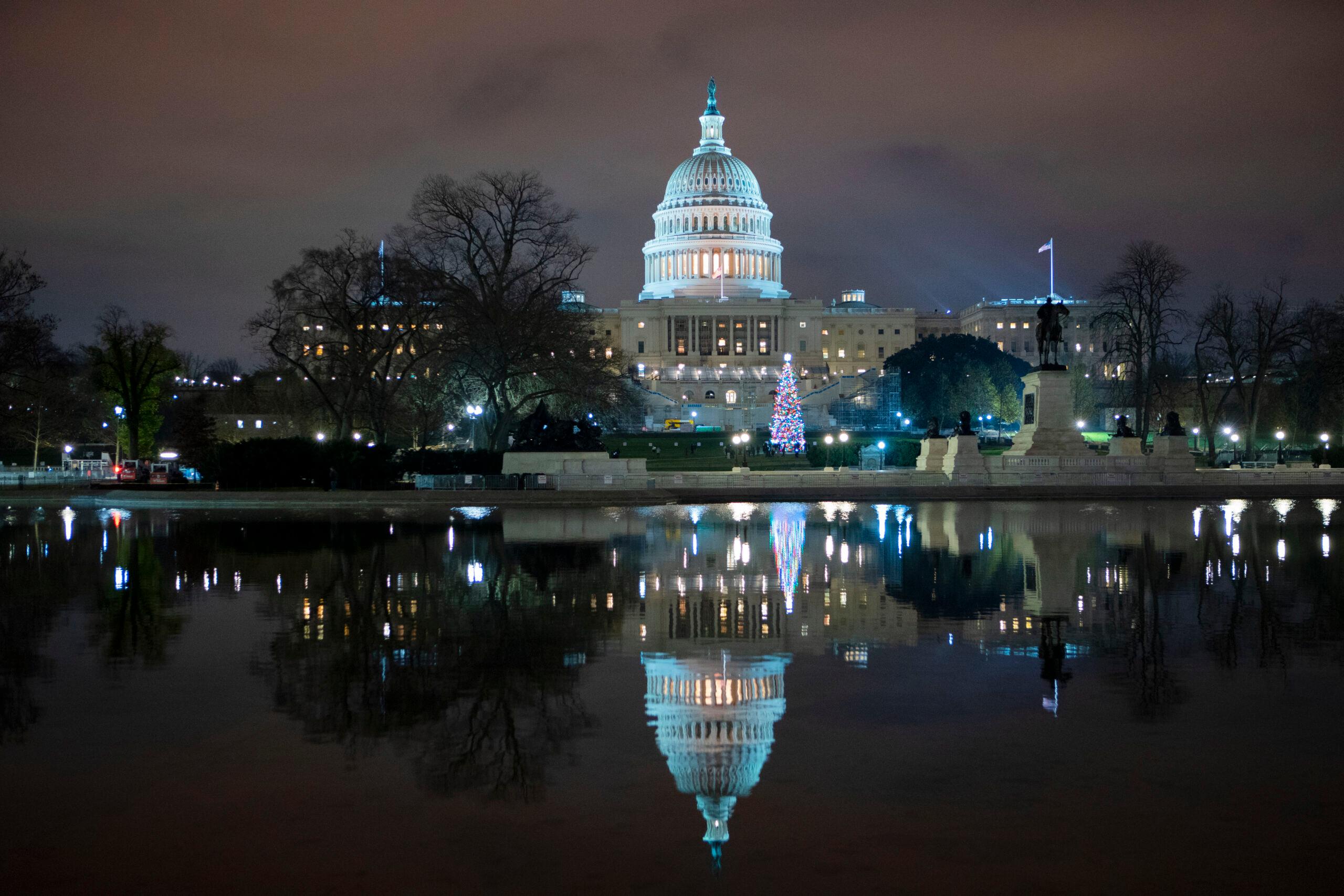
A bipartisan bill aimed at making it easier for employees to speak out in cases of workplace sexual harassment and assault is headed to President Biden’s desk.
“We all had mothers who faced antiquated attitudes in the workplace, and we don't want our daughters and our granddaughters to face those same attitudes,” said Colorado GOP Rep. Ken Buck, as he urged his colleagues to support the Speak Out Act.
The bill will invalidate any standing non-disclosure agreement an employee has signed in cases where they are speaking out about workplace sexual harassment or rape. It passed the House by 315-109 Wednesday and received unanimous support in the Senate earlier this year.
Buck was one of a half dozen House members of both parties who sponsored the bill. Its Senate companion was spearheaded by Democratic Sen. Kirsten Gillibrand of New York and Republican Sen. Marsha Blackburn of Tennessee.
The policy is an outgrowth of the #MeToo movement. Advocates claim preexisting NDAs have prevented employees from bringing sexual harassment to light. However, the bill would not prevent employers from making an NDA part of any settlement they reach with a worker over harassment claims.
Opponents called it "well-intentioned" but misguided.
“It’s a massive federal overreach,” said GOP Rep. Jim Jordan of Ohio. “Some states have decided to regulate confidentiality clauses in contracts, others have decided not to. That’s how our system of government works, that’s how our constitution works.”
In his speech from the floor, Buck tried to reassure opponents — mostly his fellow Republicans — that the Act will not damage companies’ ability to use NDAs to protect their intellectual property and other priorities.
“This bill is limited to cases of rape and sexual harassment,” said Buck. “It does not prevent a worker from waiving their constitutional right to free speech in any other circumstance. If you have trade secrets, you may be subjected to a non-disclosure agreement. If you object to the management practices of your employer, you may be subjected to a non-disclosure agreement. If you are raped, you may not be muzzled.”
Aside from Buck, the Act split Colorado’s delegation on party lines — GOP Reps. Lauren Boebert and Doug Lamborn both voted no, while the state’s four Democratic House members all voted yes.









